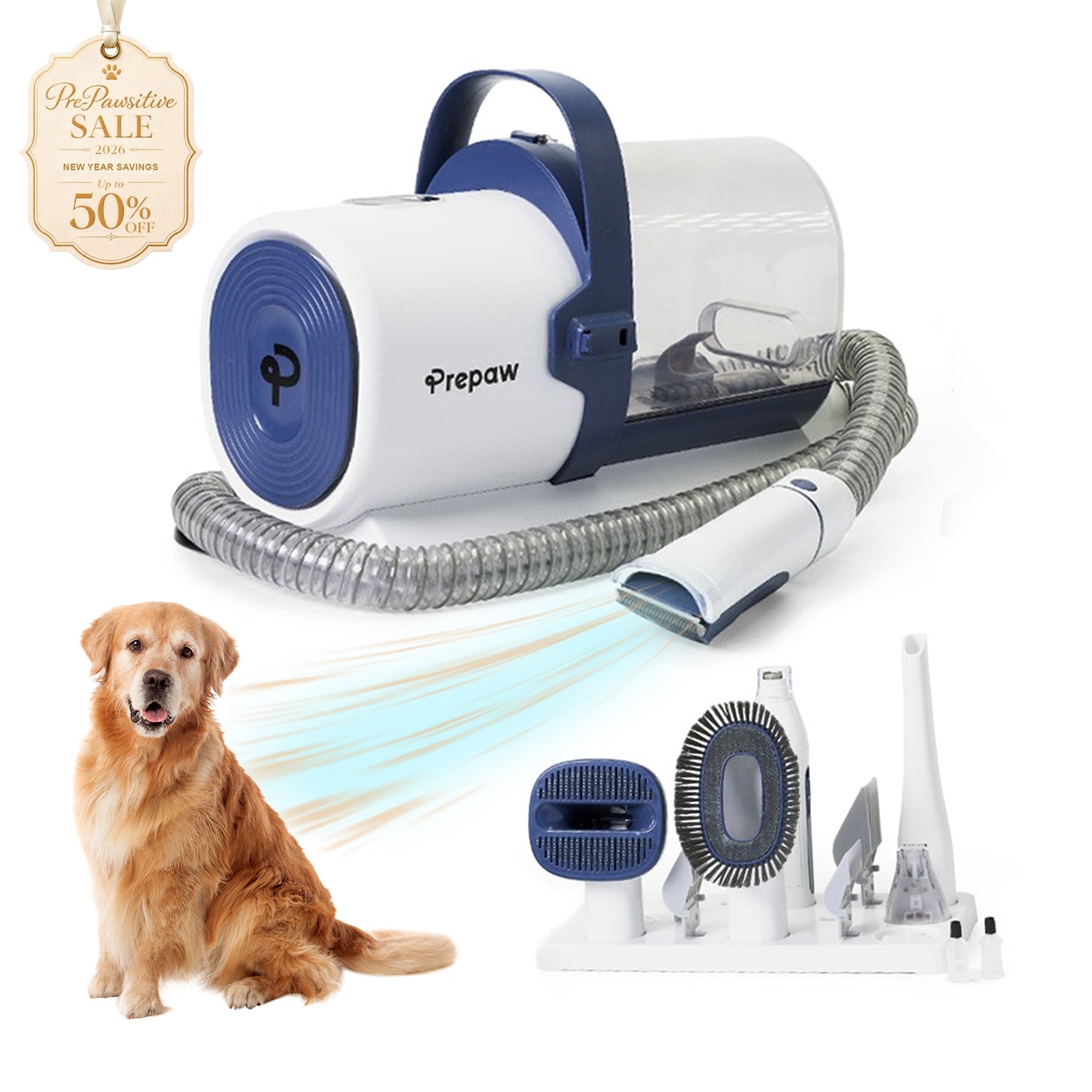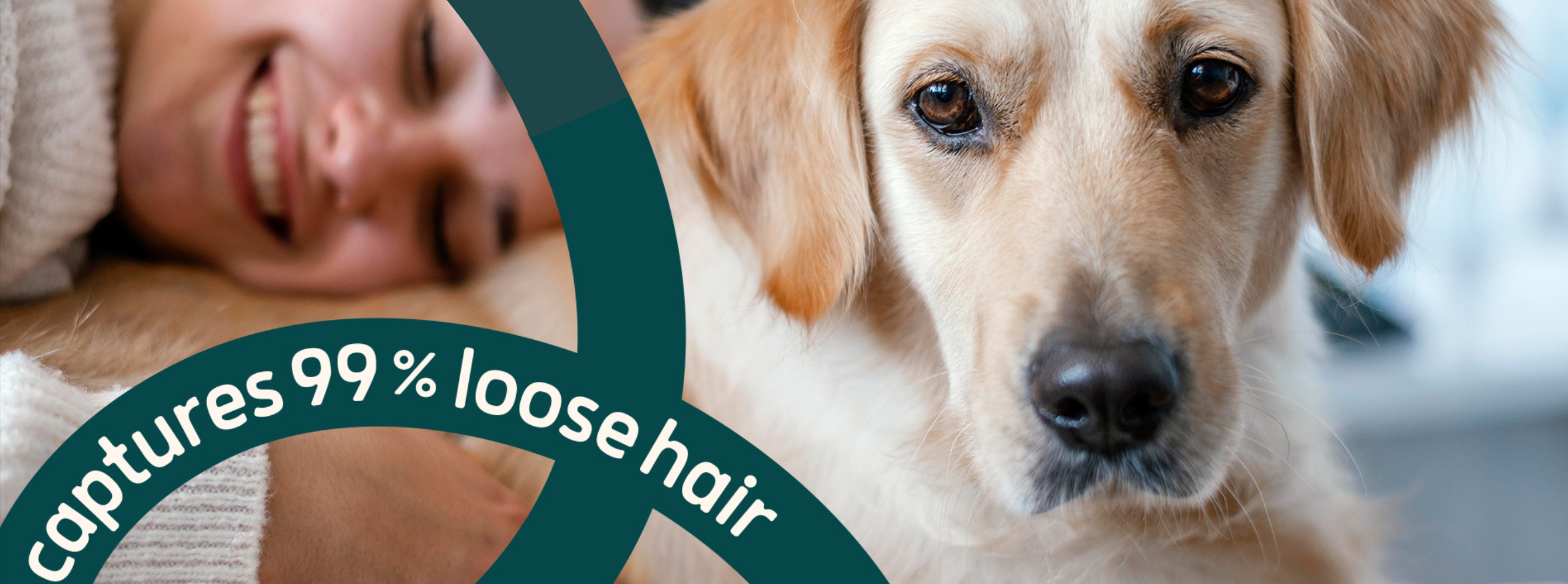As pets age, their needs evolve, and so should the way we care for them. Senior pets often require a gentler approach to grooming and overall wellness. With age comes changes in skin sensitivity, coat texture, mobility, and even emotional well-being. By paying extra attention to grooming routines and health habits, you can help your older pet stay comfortable, happy, and full of life.
Why Grooming Matters More for Senior Pets
Grooming isn’t just about keeping your pet looking good—it’s also an essential part of their health. For senior pets, regular grooming can:
- Stimulate blood circulation
- Prevent skin infections and matting
- Spot early signs of health issues like lumps, bumps, or parasites
-
Offer comfort and relief for stiff joints and muscles
Grooming Tips for Senior Pets
1. Gentle Brushing
Older pets may have thinner or more sensitive skin. Use soft-bristle brushes or grooming tools designed to be gentle, and brush slowly to avoid causing discomfort.
2. Bathing with Care
Bath time can be tiring for senior pets, especially if they struggle with mobility. Use lukewarm water, a mild pet shampoo, and keep the session short. Consider using a slip-proof mat to avoid stress or injury.
3. Trimming Nails Regularly
Senior pets may walk less, which means their nails don’t wear down naturally. Overgrown nails can cause pain or affect posture, so regular trimming is essential.
4. Check for Skin and Coat Changes
Older pets are more prone to dryness, dandruff, or lumps. During grooming, inspect their skin and coat closely to catch issues early.
5. Paw & Ear Care
Clean their ears gently to prevent infections and check paw pads for cracks or soreness, which are common in aging pets.
Wellness Practices for Senior Pets
1. Balanced Diet
Nutrition plays a key role in maintaining your pet’s energy levels and coat health. Consult your vet about a diet tailored for senior pets.
2. Exercise in Moderation
Gentle walks or light play keep joints moving and maintain a healthy weight without overexertion.
3. Comfortable Living Environment
Provide soft bedding, easy access to water, and a safe, warm space for rest. Small adjustments go a long way in improving quality of life.
4. Regular Vet Checkups
Senior pets need more frequent veterinary visits to monitor for common age-related conditions like arthritis, dental disease, or vision and hearing loss.
Conclusion
Caring for senior pets means giving them the extra love and attention they deserve in their golden years. By combining mindful grooming with a strong focus on overall wellness, you can help your pet age gracefully and comfortably.
For pet parents seeking gentle, professional-quality grooming tools, PrePaw provides advanced solutions designed to keep senior pets clean, comfortable, and stress-free at home.




